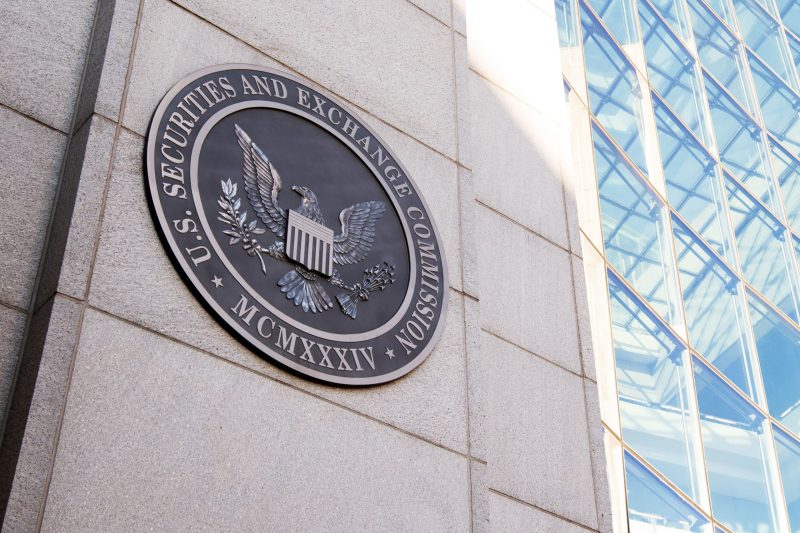In a striking development, Consensys, a key supporter of the Ethereum blockchain, has taken legal action against the Securities and Exchange Commission (SEC) by filing a lawsuit in a Texas federal court. This bold move aims to preempt a looming SEC lawsuit targeting the company’s widely used MetaMask wallet. Moreover, Consensys is pushing for a legal declaration that Ether, Ethereum’s digital token, is not a security, a pivotal issue casting uncertainty over the entire cryptocurrency industry.
The Heart of the Dispute
Consensys’s 34-page complaint pulls no punches in criticizing the SEC’s attempts to regulate Ethereum, describing these efforts as both unlawful and a potential disaster for blockchain technology. The company warns that the SEC’s control over Ethereum would severely disrupt the blockchain’s operation in the U.S., endangering one of the most significant innovations of the internet era. This legal challenge comes amidst an aggressive enforcement drive by SEC Chairman Gary Gensler, who has been clamping down on major crypto players like Coinbase and Uniswap through a flurry of subpoenas and regulatory actions.
Historical Context and Recent Controversies
Historically, the SEC has indicated that blockchain tokens such as Bitcoin and Ether are not securities, which places them outside its regulatory purview. This stance was notably supported by a senior official’s 2018 speech and the subsequent allowance of Ethereum futures trading. However, Gensler’s recent focus on a new Ethereum feature, staking, as a basis for regulatory action has reignited debates over the nature of these digital tokens.
Read More: DOJ Recommends 3-Year Sentence for Binance Founder Changpeng Zhao
Staking and Securities: A New Legal Battlefront
The staking process, which involves validators pledging collateral to support blockchain operations, is at the center of the SEC’s scrutiny. Consensys argues that staking does not transform Ethereum from a commodity into a security. Instead, it equates staking to posting a security bond in exchange for contributing to the Ethereum network. Despite these arguments, the SEC’s perspective remains unclarified as it has not responded to inquiries regarding its stance on the matter.
Consensys’s decision to file the lawsuit in Texas is strategic, aimed at aligning with the broader crypto industry’s efforts to challenge regulatory actions in a jurisdiction known for its critical view of agency overreach. This move could set the stage for a significant legal showdown that might eventually reach the Supreme Court.
Potential Implications and Ongoing Uncertainty
The lawsuit also seeks to establish that MetaMask is not operating as an unlicensed broker dealer and contends that the SEC’s actions violate procedural norms and constitutional rights. The outcome of this legal battle could have profound implications for the regulatory landscape of cryptocurrencies in the U.S., especially with the growing interest in Ether spot ETFs following the success of Bitcoin ETFs.
As the crypto community watches closely, the resolution of this lawsuit could either pave the way for continued innovation in the blockchain sector or impose significant restrictions under the guise of regulatory compliance.

